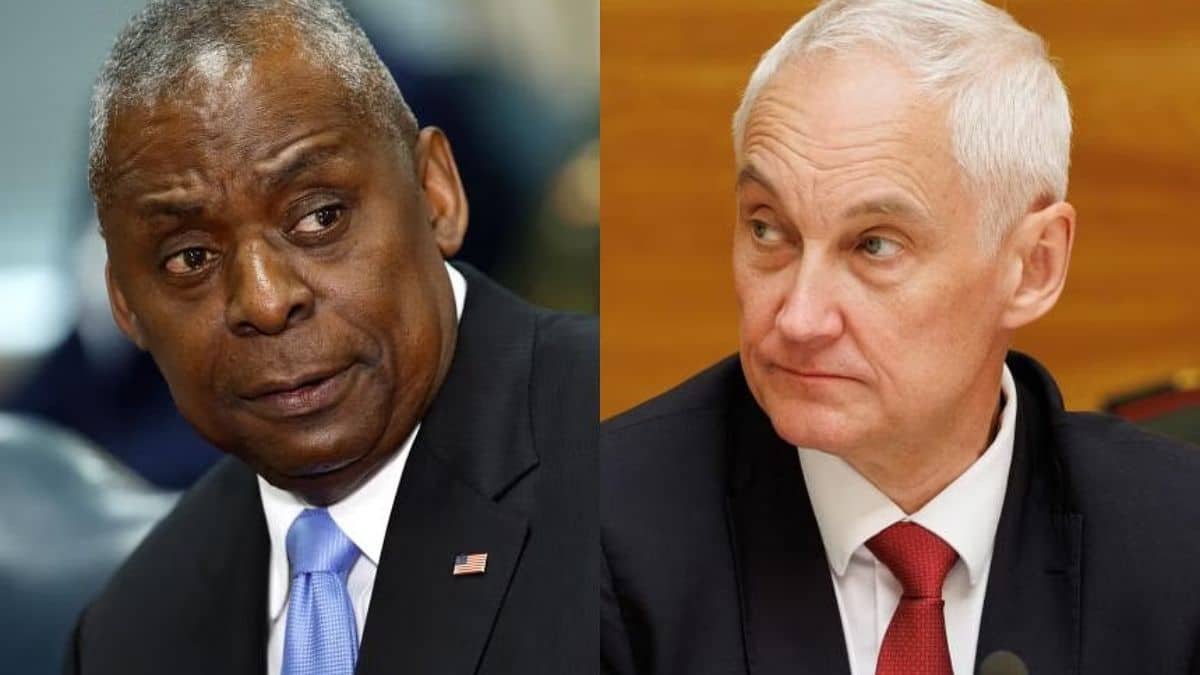In a high-stakes phone call, Russian Defence Minister Andrei Belousov queried U.S. Secretary of Defence Lloyd Austin about an alleged Ukrainian intelligence operation on Russian soil, The New York Times reported on Saturday. Belousov expressed concerns that such activities if sanctioned by the United States, could further escalate tensions between the two powers.
The discussion comes amid a backdrop of ongoing conflict in Eastern Ukraine and rising geopolitical friction. Belousov reportedly stressed that any U.S. approval of Ukrainian covert operations within Russia would be seen as a significant provocation, potentially exacerbating the already strained relations between Washington and Moscow.
“Minister Belousov directly questioned Secretary Austin on whether the U.S. was aware of or had approved these alleged Ukrainian actions,” an unnamed Russian defence official told The New York Times. “He emphasized that such activities could seriously heighten tensions between our countries.”
The Pentagon, while confirming the phone call, highlighted the importance of maintaining open channels of communication to manage and mitigate potential conflicts. “Secretary of Defence Lloyd Austin reaffirmed the United States’ commitment to Ukraine’s sovereignty and territorial integrity,” a Pentagon spokesperson said. “He also underscored the need for transparency and ongoing dialogue to prevent misunderstandings and further escalation.”
The alleged intelligence operation has not been detailed publicly, but its mention has already stirred significant concern. The conversation between Belousov and Austin reflects the precarious nature of the current geopolitical landscape, where even the suggestion of covert actions can lead to increased diplomatic friction.
International responses have been mixed, with some advocating for de-escalation through continued diplomatic engagement. “Direct communication between U.S. and Russian defence leaders is crucial in these tense times,” a European Union spokesperson commented.

